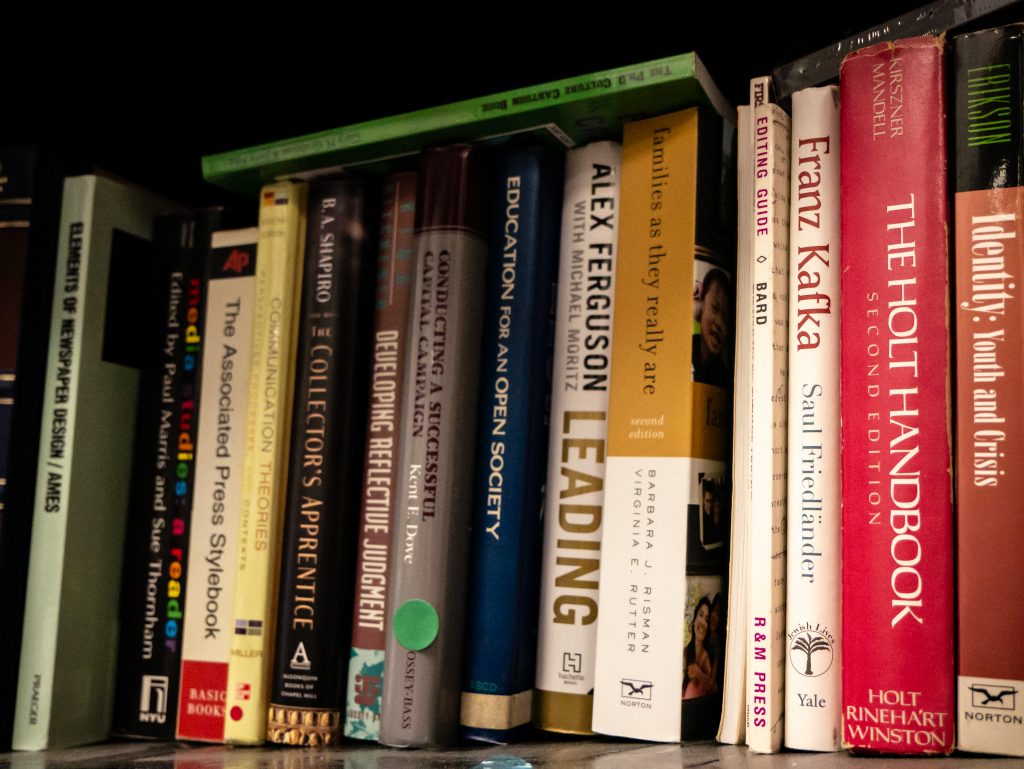
On April 30, the Drexel Writing Festival hosted “Butterflies, Landscapes and Human Dramas,” one of the most compelling early sessions of the 2025 programming. Held in MacAlister Hall, the event combined literature and environmental science through the lens of Barbara Kingsolver’s climatic fiction novel “Flight Behavior.” However, this workshop was not just about analyzing a book. It was about making sense of the world through stories, data and the emotions in between.
Now in its fourteenth year, the Drexel Writing Festival runs from April 23 to May 14. Directed by Professor Henry Israeli and sponsored by the College of Arts and Sciences, the festival has become a space where writing is studied and lived. With a series of faculty readings, author conversations, poetry talks and student showcases, it asks people to look beyond the page and into the problems and possibilities of the time.
This workshop was organized by the English Literature and Society course taught by Professor Magdalena Mączyńska. The class selected “Flight Behavior,” a novel about a woman in rural Appalachia who discovers a displaced swarm of monarch butterflies. Their arrival is breathtaking but unnatural. The story unfolds as a reflection on climate change, perception and survival.
Students Ali Khan, Shanzay and Shreya introduced the novel with clarity and personal depth, moderated by Atara Saunders. Shanzay spoke about growing up in Pakistan and witnessing climate disruptions firsthand. The instability described in “Flight Behavior” felt familiar to her, mirroring the shifts she had experienced in her environment. Ali Khan added, “Science does not tell us what to do. It only tells us what is in it. Literature helps us feel what science alone cannot.” Together, they reflected on how Kingsolver’s novel captures the emotional toll of ecological change. In one passage, the characters’ uncertainty and fear becomes a mirror for the quiet scars that environmental collapse leaves behind — not just on landscapes but on people.
This event’s strength was the intersection between fact and feeling. Following the student reflections, two of Drexel’s leading scientists, Dr. David Velinsky and Dr. Tatyana Livshultz, offered their perspectives.
Dr. Velinsky, a senior scientist at the Academy of Natural Sciences, spoke on the urgency of global warming. He emphasized that humans must reduce carbon emissions by at least 30 to 40 percent to prevent irreversible damage. He described how New Jersey’s ghost forests, once vibrant and full of life, are collapsing as saltwater creeps in. He also shared how gases trapped for thousands of years in Antarctica’s Lake Vostok are helping scientists understand what lies ahead. “These changes are no longer theoretical,” he said. “They are already happening.”
Dr. Livshultz, a plant evolutionary biologist and curator of botany at the Academy, shifted focus to the monarchs. Monarch butterflies, she explained, are not just symbolic. They are ecological indicators. Their survival depends entirely on one plant: milkweed. Where milkweed grows, monarchs follow. The last recorded sightings were in Delaware, meaning they could appear in Philadelphia any day now.
She encouraged attendees to track monarch sightings on JourneyNorth.org, a community-driven migration tracker. She also shared that monarchs are under review for classification as a threatened species, with public commentary open through May 19. “Kingsolver may have chosen the monarch because of its history in myth and storytelling,” she said. “But today, it is also a sign. It is warning us.”
This workshop was not about alarmism. It was about awareness. It was a reminder that literature and science are not opposing forces. They are different ways of noticing, of naming, of caring. When they come together in a room filled with students and open minds, they create a space where responsibility begins.
The 2025 Writing Festival has only just begun. Upcoming events include conversations with playwright Reuben Wade, bestselling novelist Jamie Brenner, award-winning poet Daisy Fried and a student reading on May 14 that will showcase Drexel’s creative voices. Each session is free and open to everyone. Each one offers more than knowledge. It provides a chance to listen deeply, reflect honestly and see the world more clearly.


